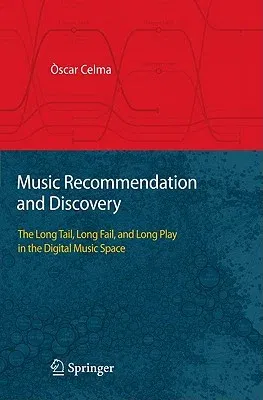In the last 15 years we have seen a major transformation in the world of
music. - sicians use inexpensive personal computers instead of expensive
recording studios to record, mix and engineer music. Musicians use the
Internet to distribute their - sic for free instead of spending large
amounts of money creating CDs, hiring trucks and shipping them to
hundreds of record stores. As the cost to create and distribute recorded
music has dropped, the amount of available music has grown dramatically.
Twenty years ago a typical record store would have music by less than
ten thousand artists, while today online music stores have music
catalogs by nearly a million artists. While the amount of new music has
grown, some of the traditional ways of ?nding music have diminished.
Thirty years ago, the local radio DJ was a music tastemaker, ?nding new
and interesting music for the local radio audience. Now - dio shows are
programmed by large corporations that create playlists drawn from a
limited pool of tracks. Similarly, record stores have been replaced by
big box reta- ers that have ever-shrinking music departments. In the
past, you could always ask the owner of the record store for music
recommendations. You would learn what was new, what was good and what
was selling. Now, however, you can no longer expect that the teenager
behind the cash register will be an expert in new music, or even be
someone who listens to music at all.

